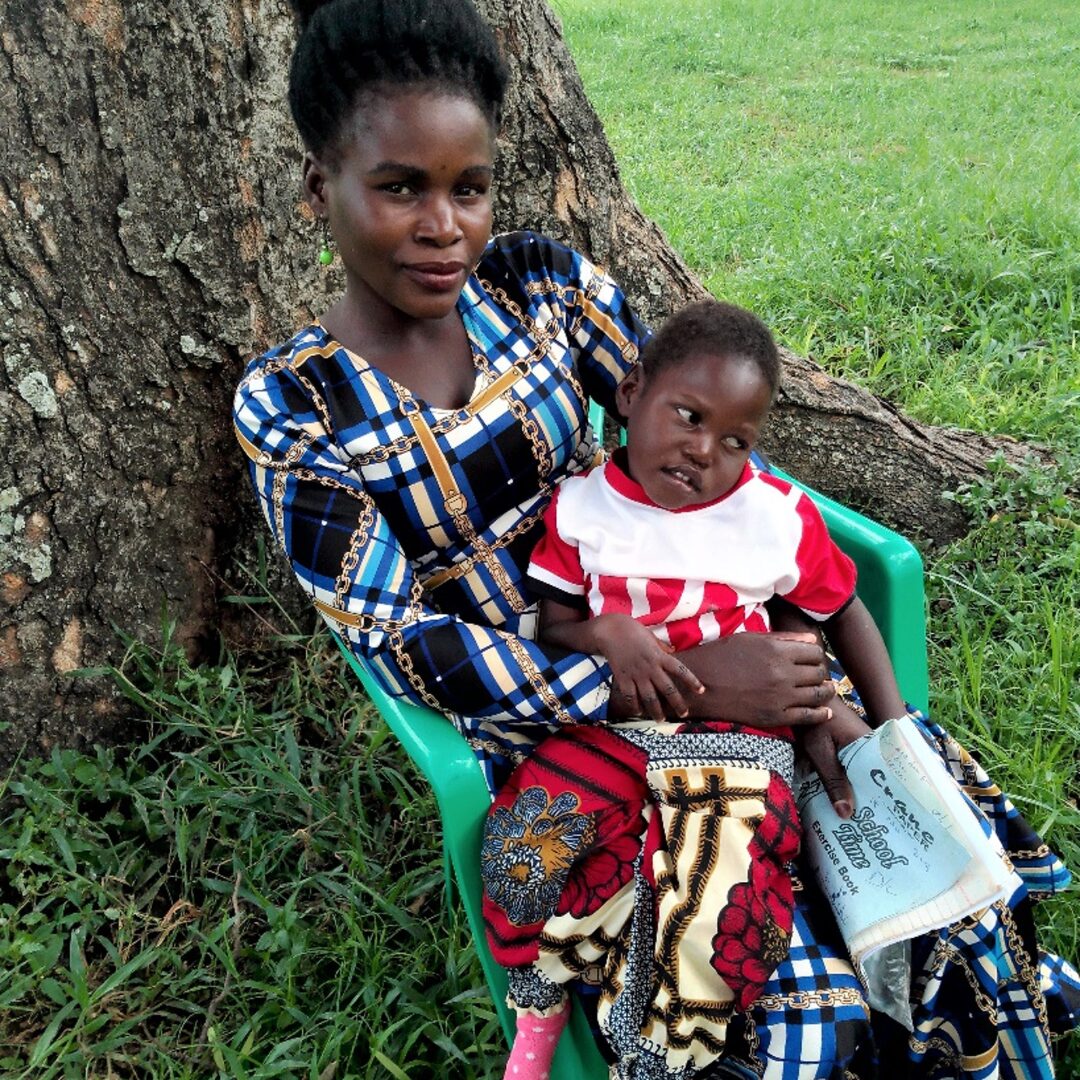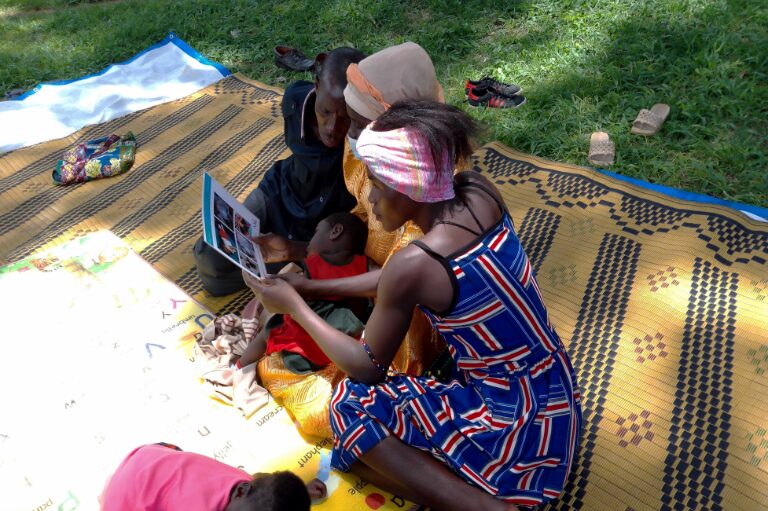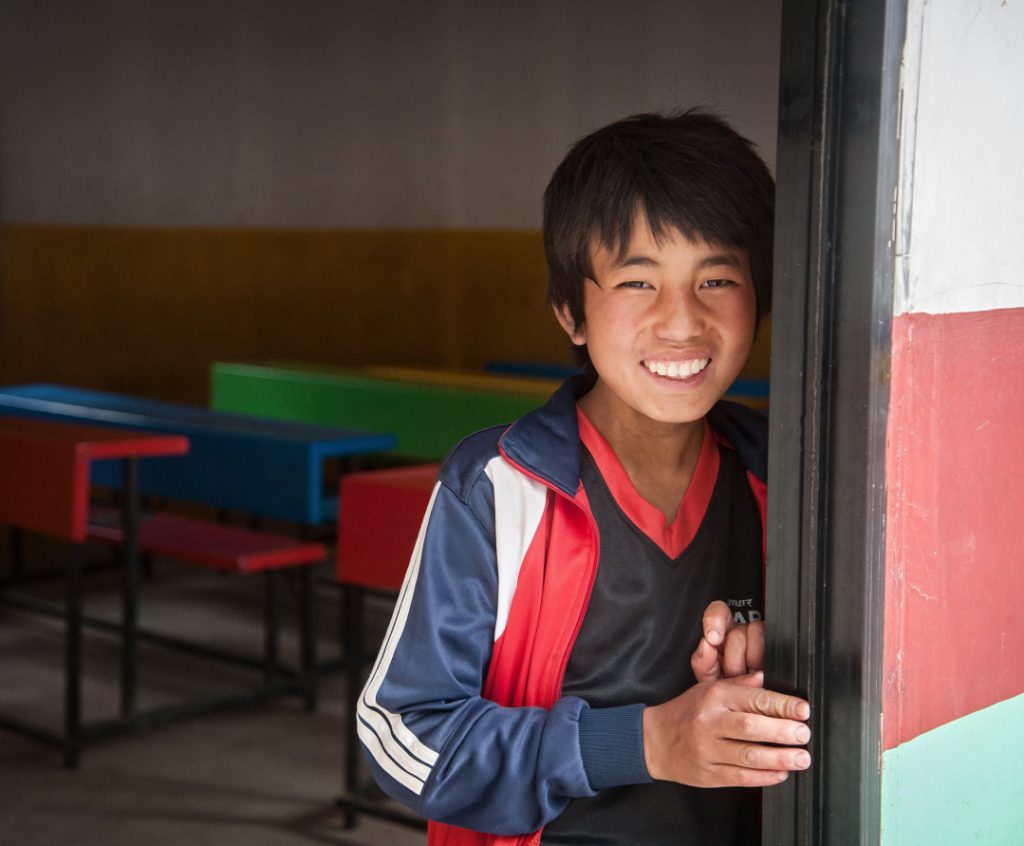“I had lost hope if my child could ever walk,” says Catherine. “Our attempts to help him failed. We believed our child had a spell on him.”
Sadly, this is not uncommon in Uganda, where there are perceptions that having a child with a disability is a curse or punishment for wrongdoing. Catherine and her husband felt embarrassed by Charles’ condition, not understanding why he wasn’t developing like other children.
Thankfully, Catherine and Charles were connected with Baby Ubuntu, a programme of early care and support that aims to improve quality of life for children with moderate to severe neurodisabilities and their caregivers. Initially, Catherine was sceptical about the programme, having all but given up on finding help for her child.
“When I was told about Baby Ubuntu, I had lost interest in disability programmes,” Catherine explains. “Whenever I had attended them in the past, they didn’t have the cure for my boy.”

Despite her doubts, Catherine and her husband attended a session. And to their surprise, they finally began to find answers. They learnt that Charles had a neurodisability. As they continued to attend sessions, Catherine and her husband were shown how to care for Charles and provide him with the support he needs.
“When my husband and I first joined, they explained to us the causes of disability,” says Catherine. “The leaders taught us so many things. We were taught exercises by the physiotherapist that I practiced daily with Charles at home.”
Slowly but surely, Catherine began to see progress in Charles. And as Charles continued to develop, so did Catherine’s hope.
“I started seeing my son gaining strength in his body. He began using his hands and started using a cup to feed. I also learned how to communicate with him,” Catherine says.
Eventually, Charles began to meet milestones Catherine had thought she’d never see, including his first steps.
“One day I saw him standing by himself and taking his first step,” Catherine reflects. “I am overjoyed that he has learned to walk. It’s not perfect yet but I know he will be walking normally very soon.”
This is exactly what the Baby Ubuntu programme aims to do – improve quality of life by providing emotional and practical support to caregivers so they feel empowered and confident to care for their child.
Catherine and her husband no longer feel embarrassed by their son. Instead, they are proud of all that Charles has achieved.

“The Baby Ubuntu programme has given us hope and made us love our son no matter his conditions. I never knew I could see my boy walking. I am so grateful for this programme.”

